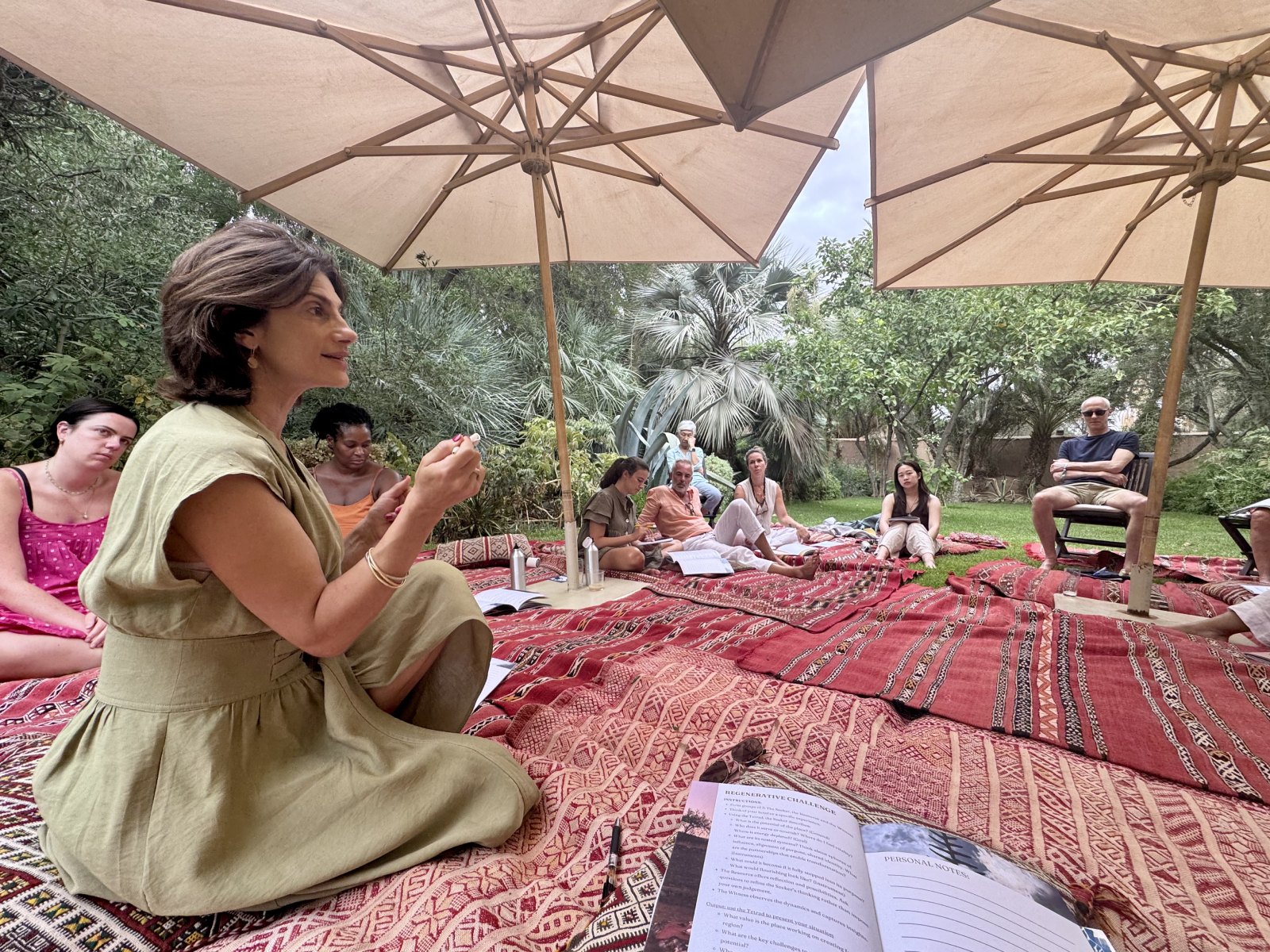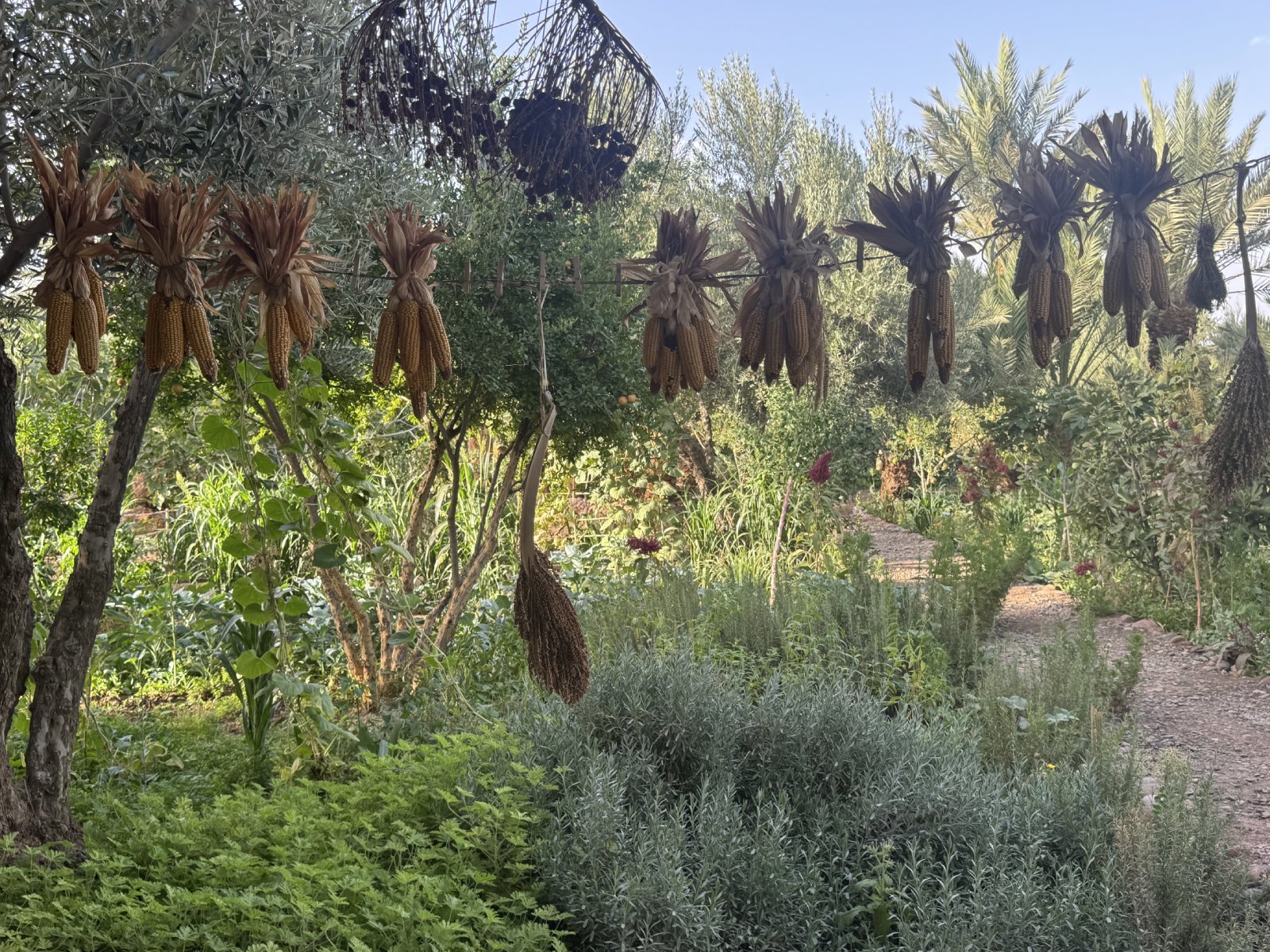
Regenopolis partnered with Dar Ahlam to design and co-lead an immersive capacity-building retreat on regenerative hospitality independent hoteliers. Through a tailored one-day program and a 60-page workbook, selected hotel leaders were introduced to the mindset, tools, and frameworks needed to move beyond sustainability and embrace regeneration as a strategic pathway. The retreat fostered personal reflection, peer learning, and actionable strategies to support transformation across the SLH network.
In a time of mounting environmental and social pressures, boutique hotels are seeking new ways to differentiate themselves beyond conventional sustainability certifications. Many independent hospitality leaders feel the urgency to respond meaningfully to climate change, biodiversity loss, and shifting guest expectations—yet lack the frameworks, language, and confidence to lead this transformation. The challenge: how to empower these actors to become pioneers of a regenerative future?

In partnership with Dar Ahlamn, Regenopolis designed and facilitated a full-day Regenerative Hospitality Retreat in Morocco for Small Luxury Hotels (SLH). This immersive training combined experiential learning, mindset-shifting conversations, and hands-on tools drawn from systems thinking and regenerative development. The retreat was structured around a custom-designed 60-page workbook, equipping participants with clear concepts, self-assessment tools, strategic frameworks, and reflective prompts.
The program helped participants:
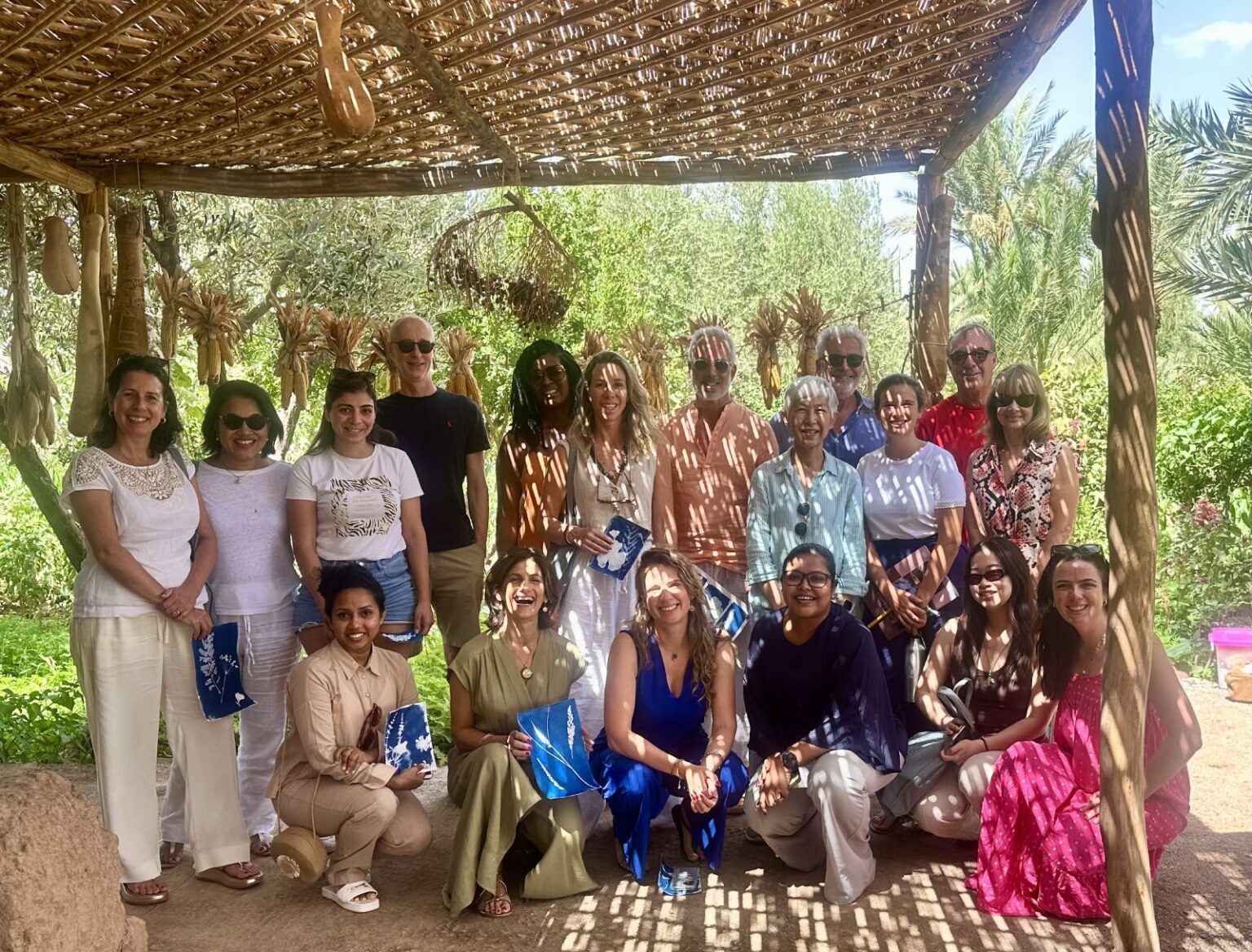
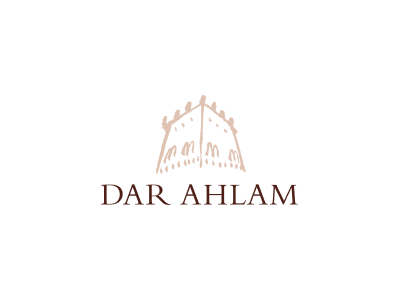
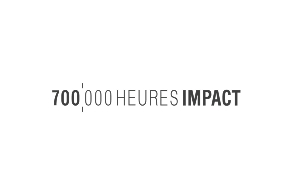

The project resulted in significant outputs and outcomes
